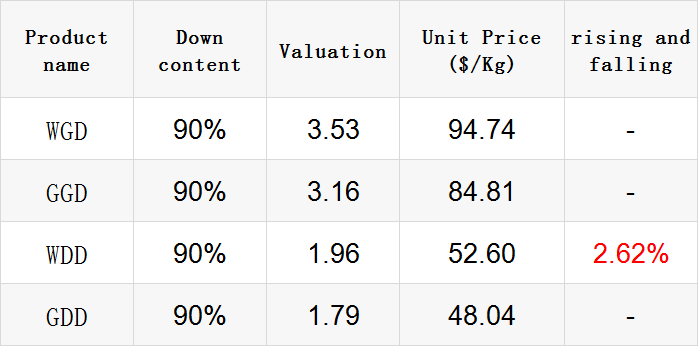"Unlocking Home Equity Loan Options for Those with Poor Credit Score: A Comprehensive Guide"
#### Home Equity LoanA home equity loan allows homeowners to borrow against the equity they have built in their property. This type of loan is often used fo……
#### Home Equity Loan
A home equity loan allows homeowners to borrow against the equity they have built in their property. This type of loan is often used for major expenses such as home renovations, debt consolidation, or unexpected medical bills. The amount you can borrow typically depends on the difference between your home's current market value and the outstanding balance on your mortgage. For many, this can be a viable financial solution, especially when traditional loans are not an option.
#### Poor Credit Score
A poor credit score can be a significant barrier to obtaining financing. It reflects a history of missed payments, high credit utilization, or other financial missteps. Lenders often view a low credit score as a risk factor, making it challenging to secure loans with favorable terms. However, it’s essential to understand that a poor credit score does not entirely eliminate the possibility of obtaining a home equity loan.
#### Home Equity Loan Poor Credit Score

When it comes to a home equity loan with a poor credit score, options may be limited, but they are not non-existent. Many lenders specialize in offering loans to individuals with less-than-perfect credit. These lenders may consider other factors, such as your income, employment stability, and the amount of equity you have in your home.
If you find yourself in this situation, here are some steps you can take to improve your chances of securing a home equity loan despite your poor credit score:
1. **Assess Your Home Equity**: Begin by determining how much equity you have in your home. This is calculated by subtracting your mortgage balance from your home's current market value. The more equity you have, the better your chances of securing a loan.
2. **Research Lenders**: Not all lenders have the same criteria for approving home equity loans. Look for lenders who specialize in working with borrowers who have poor credit scores. Credit unions and community banks may offer more flexible terms than larger financial institutions.

3. **Consider a Co-Signer**: If you have a family member or friend with a strong credit score, consider asking them to co-sign the loan. This can improve your chances of approval and may even result in better interest rates.
4. **Provide Documentation**: Be prepared to provide thorough documentation of your financial situation. This includes proof of income, employment history, and any other assets you may have. Demonstrating your ability to repay the loan can help alleviate concerns about your credit score.
5. **Explore Alternative Options**: If a traditional home equity loan is not feasible, consider alternatives such as a home equity line of credit (HELOC) or a personal loan secured by your home. These options may offer more flexibility and could be easier to obtain with a poor credit score.
6. **Work on Improving Your Credit**: While seeking a home equity loan, take steps to improve your credit score. Pay down existing debts, make all payments on time, and avoid taking on new debt. Over time, these actions can help you qualify for better loan terms.

In conclusion, while having a poor credit score can complicate the process of obtaining a home equity loan, it is not an insurmountable obstacle. By understanding your options, researching lenders, and taking proactive steps to improve your financial situation, you can unlock the potential of your home equity and secure the funding you need. Always remember to read the fine print and fully understand the terms of any loan before committing.